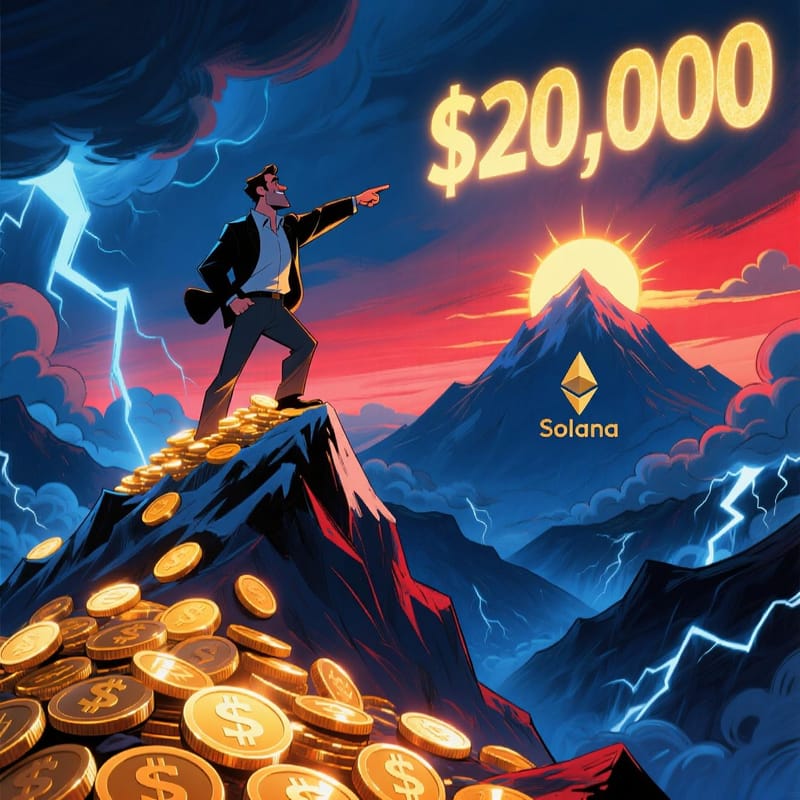The EU Explores Digital Euro on Ethereum and Solana
The European Union is actively exploring Ethereum (ETH) and Solana (SOL) as potential blockchains for the digital euro, marking a major shift from private ledger models. Driven by the European Central Bank (ECB), this move aims to protect eurozone financial sovereignty amid

EU Shifts Strategy: Digital Euro Could Run on Ethereum or Solana
In a landmark development for global finance, the European Union is reevaluating its digital currency strategy—now considering public blockchains like Ethereum and Solana as the foundation for its digital euro.
This marks a significant departure from earlier plans that favored closed, centralized systems, and signals a growing recognition of the security, transparency, and scalability offered by decentralized networks.
The initiative, led by the European Central Bank (ECB), is a direct response to the rapid global expansion of U.S. dollar-backed stablecoins—a trend that ECB Executive Board Member Piero Cipollone warns could threaten European financial autonomy.
“The growth of dollar-pegged tokens could undermine Europe’s financial stability and autonomy by shifting euro deposits overseas and further entrenching the dollar in international transactions.”
Why Ethereum and Solana?
The EU is assessing both platforms based on key criteria:
| Ethereum (ETH) | Solana (SOL) |
|---|---|
| Industry-leading security and decentralization | High throughput (65K+ TPS) and low fees |
| Home to regulated stablecoins (EURC, eEUR) | Proven scalability for mass-market apps |
| Compliant with MiCA regulations | Growing institutional adoption |
| Ideal for RWA tokenization and DeFi | Fast finality (~0.4 seconds) |
Ethereum offers institutional-grade resilience, while Solana provides the performance needed for retail-scale payments—making both strong candidates for a pan-European digital currency.
A Strategic Move for Financial Sovereignty
The digital euro isn’t just about modernizing payments—it’s about geopolitical leverage.
By launching on a public blockchain, the EU could:
- Retain control over monetary policy
- Prevent capital flight to dollarized ecosystems
- Enable programmable, transparent, and interoperable payments
- Integrate with existing DeFi and banking infrastructure
France, a key EU player, is already showing strong institutional interest, potentially positioning itself as a hub for digital euro development and compliance.
Market and Regulatory Implications
The decision could reshape the European crypto landscape:
- Increased demand for ETH and SOL from public and private sectors
- Accelerated development of euro-denominated DeFi protocols
- New staking and node participation opportunities
- Enhanced privacy and KYC/AML tooling under MiCA
While challenges remain—particularly around privacy, scalability, and regulatory harmonization—the move signals that public blockchains are now central to global monetary strategy.
The Global Digital Currency Race Heats Up
With China’s digital yuan already live and the U.S. advancing stablecoin legislation, the EU’s exploration of a blockchain-based digital euro places it at the forefront of the next-generation financial infrastructure race.
If successful, the digital euro could become a global benchmark for how democratic, open, and secure digital currencies can coexist with sovereign monetary policy.





